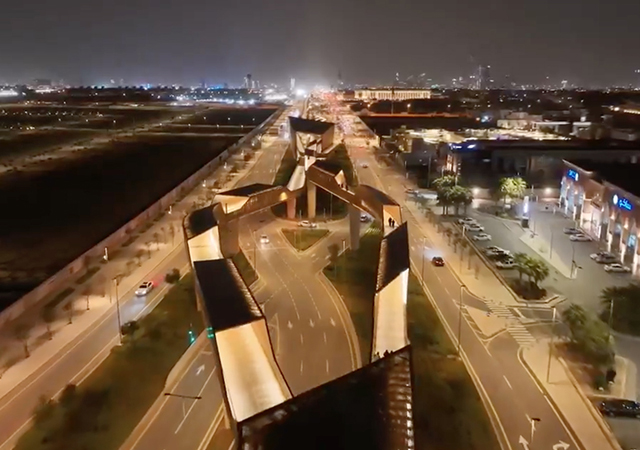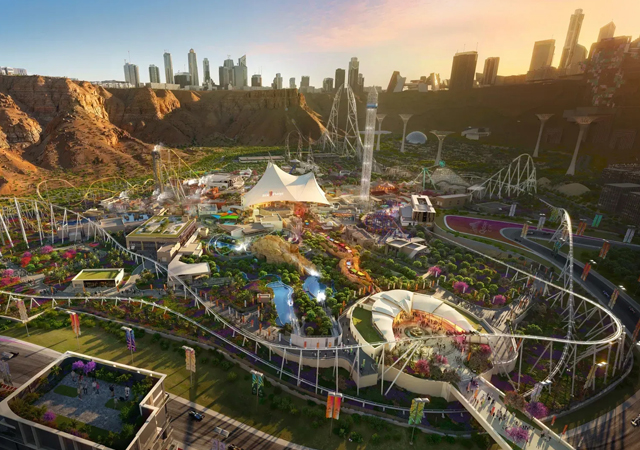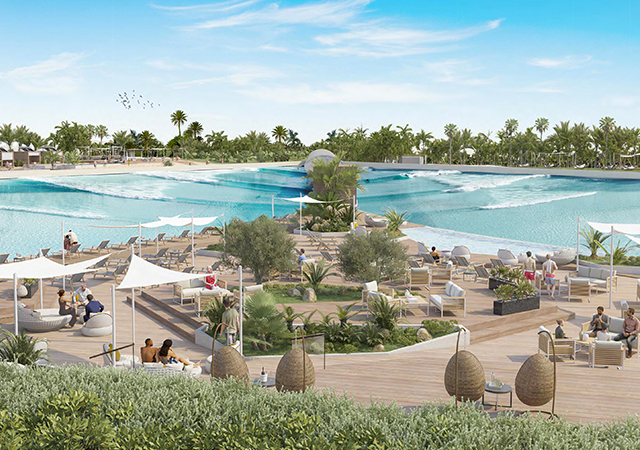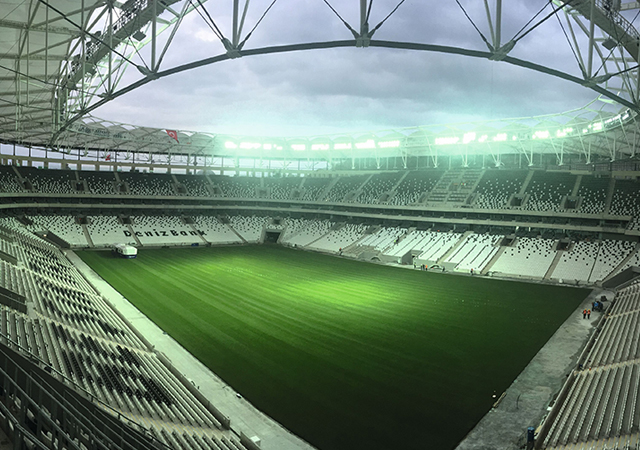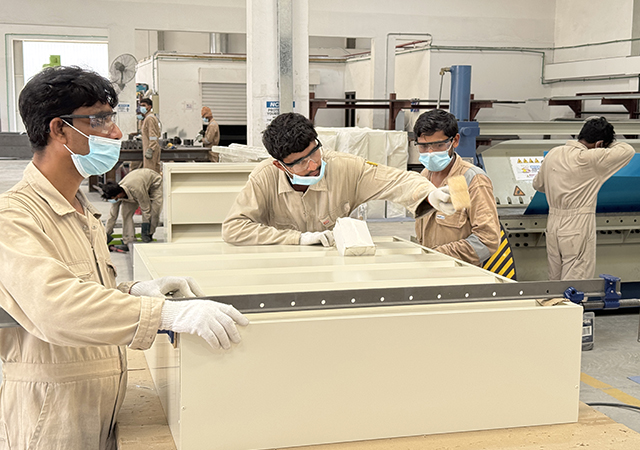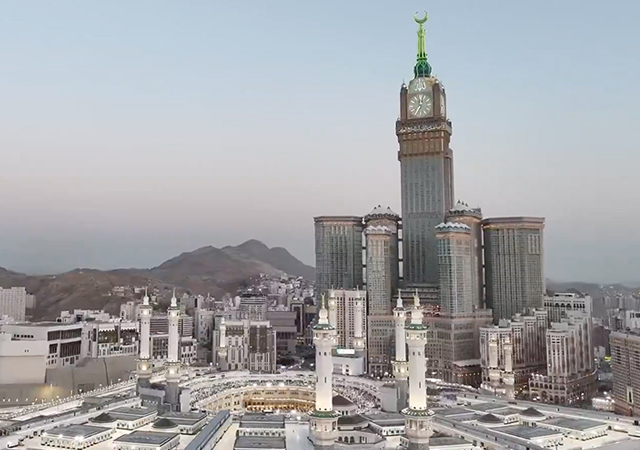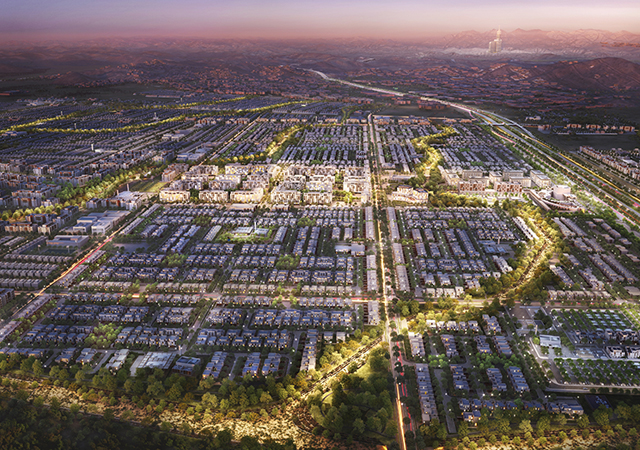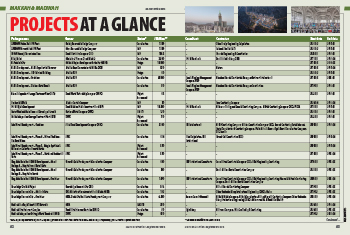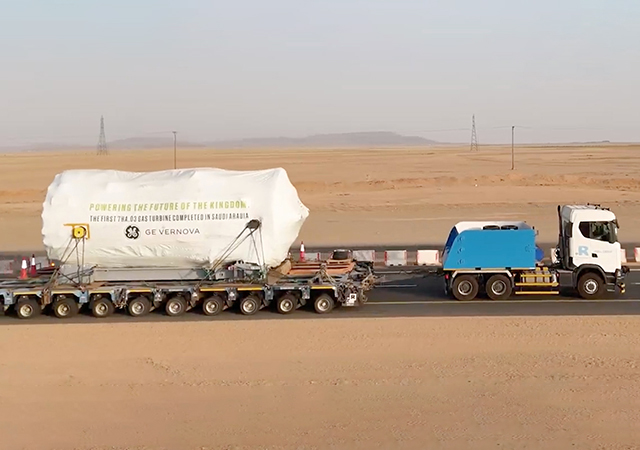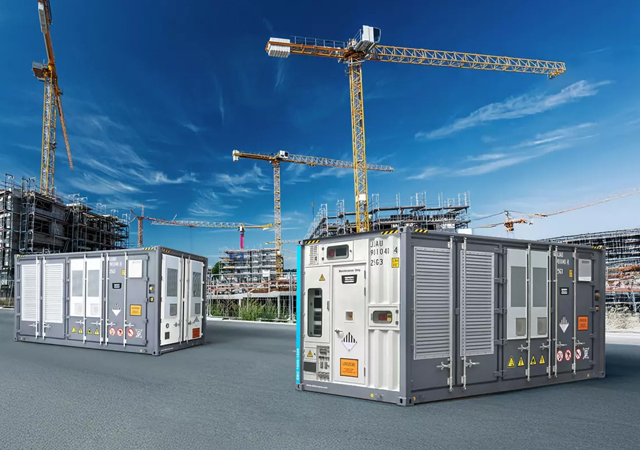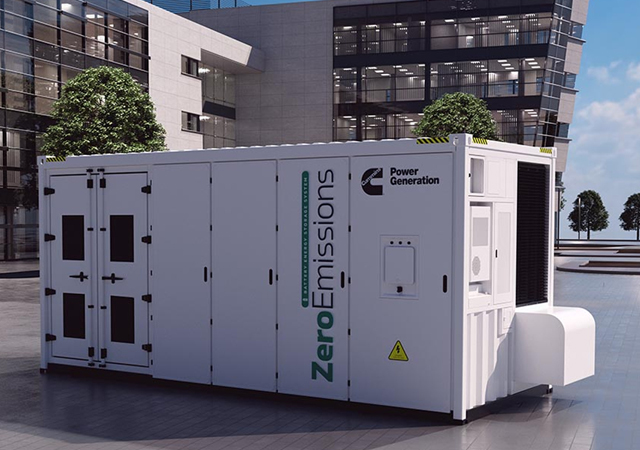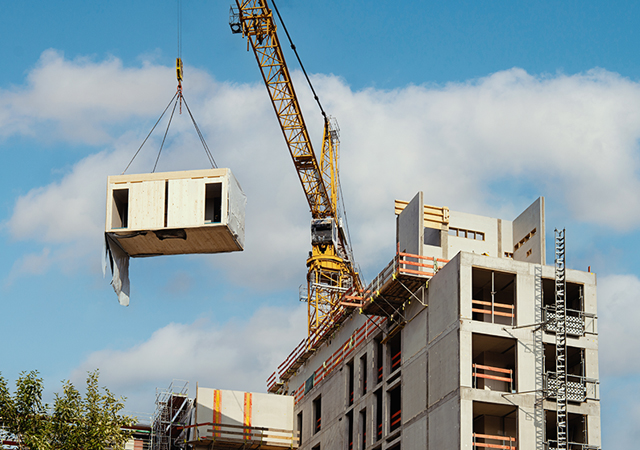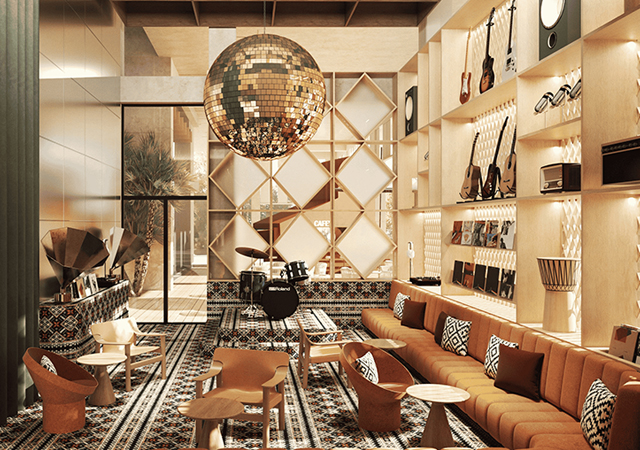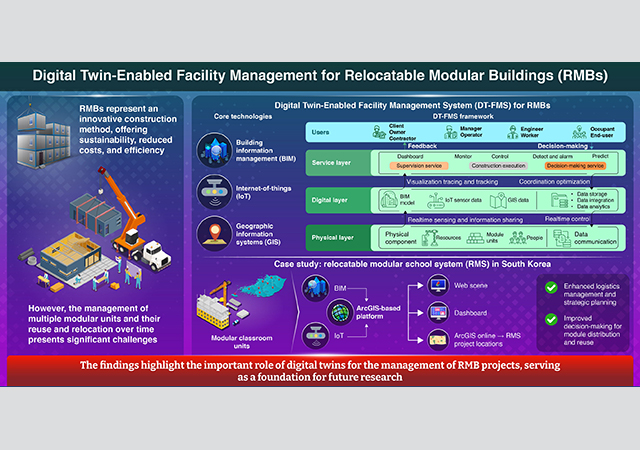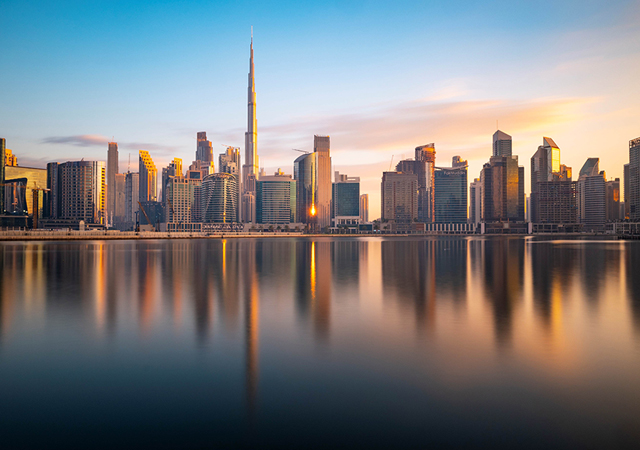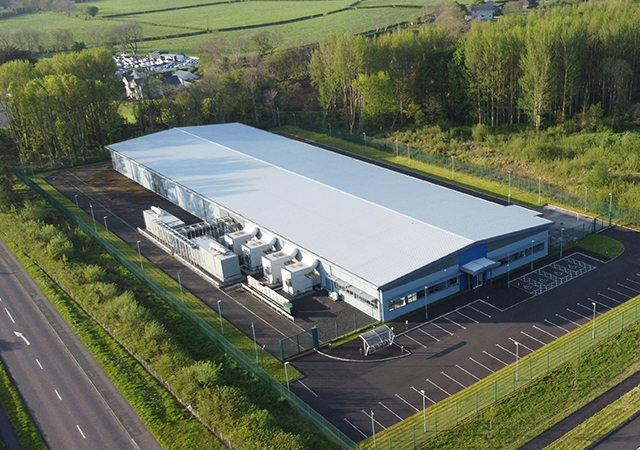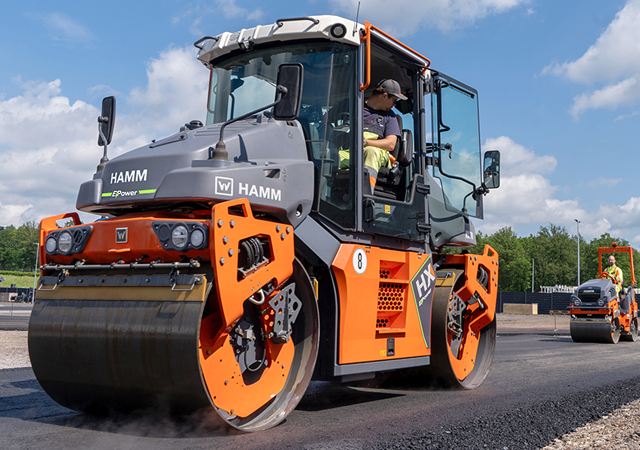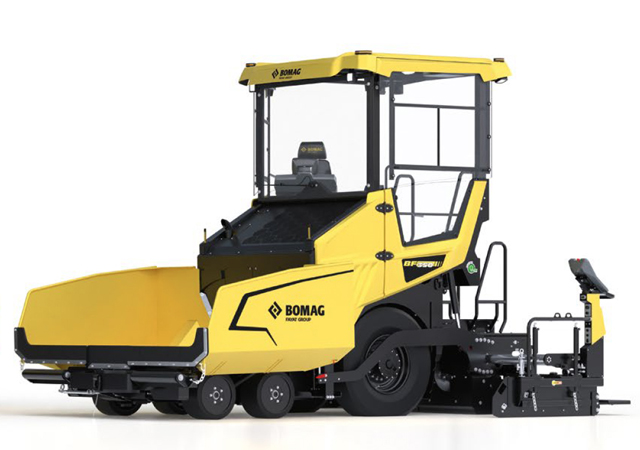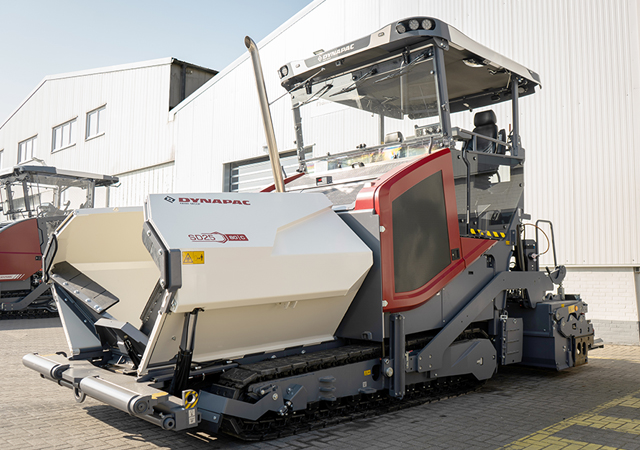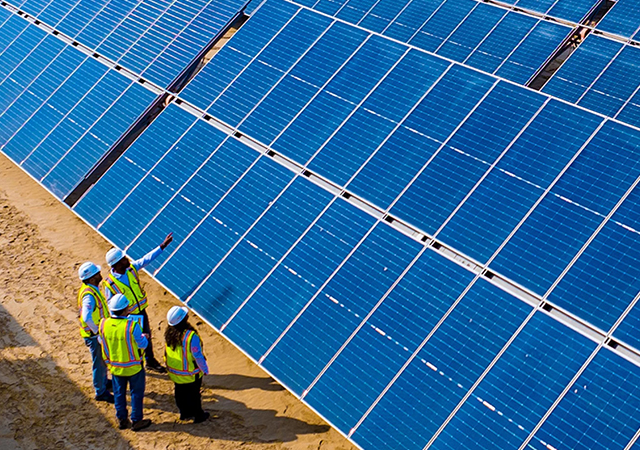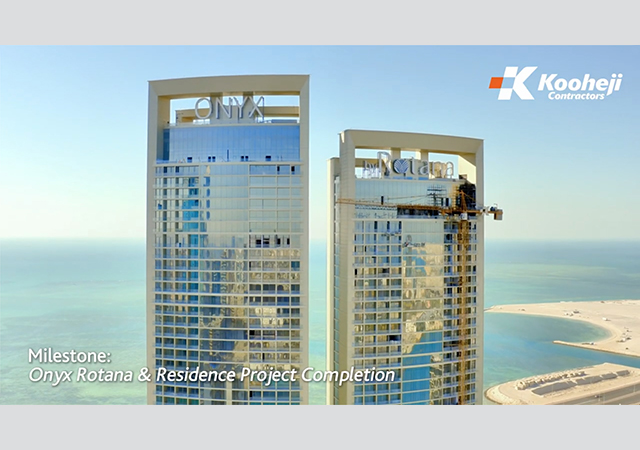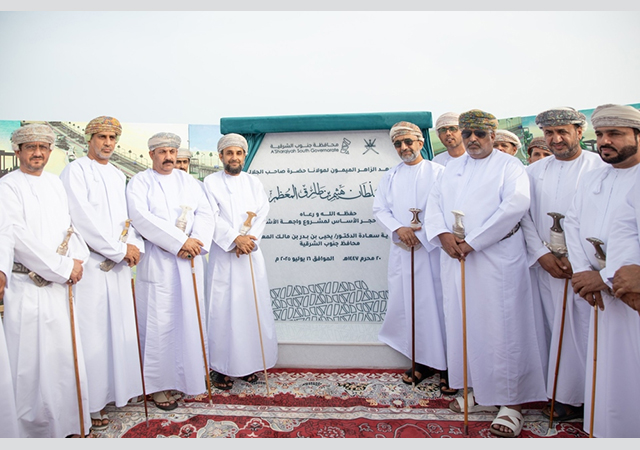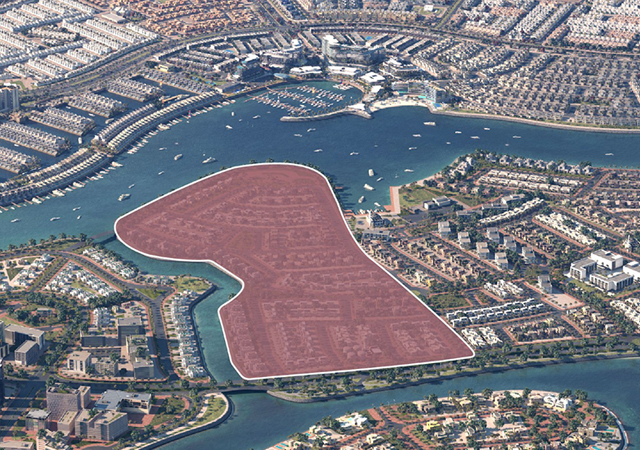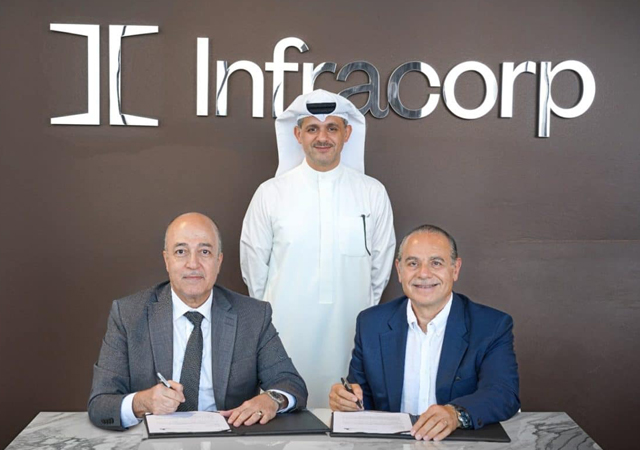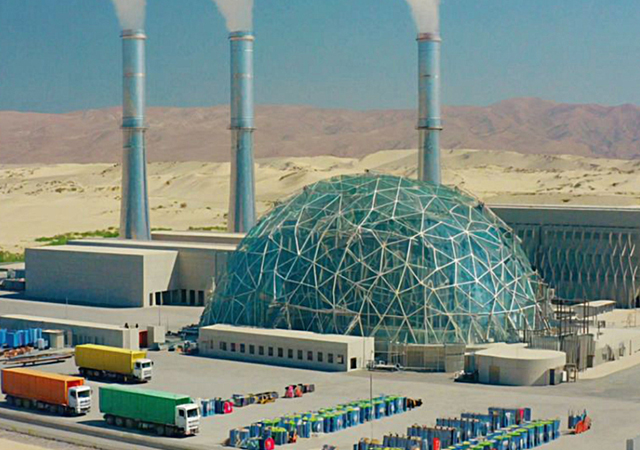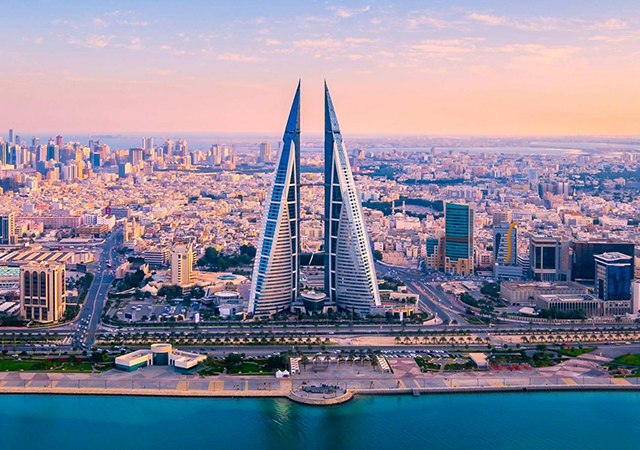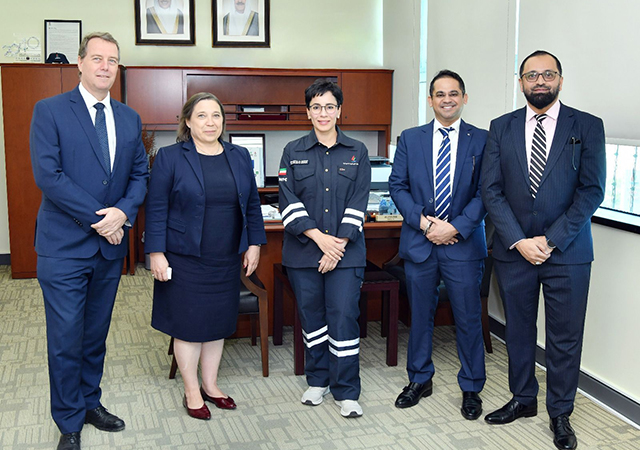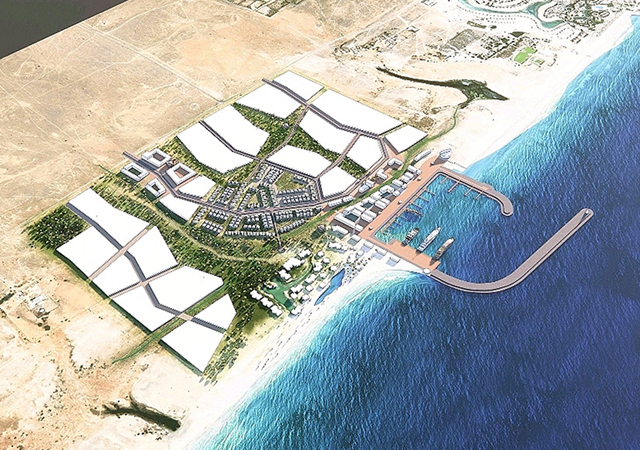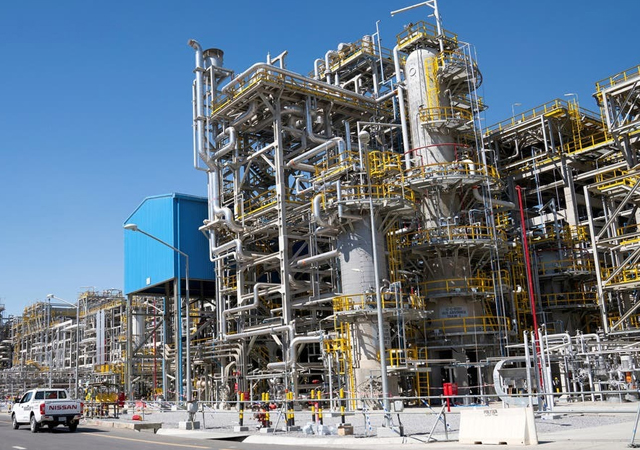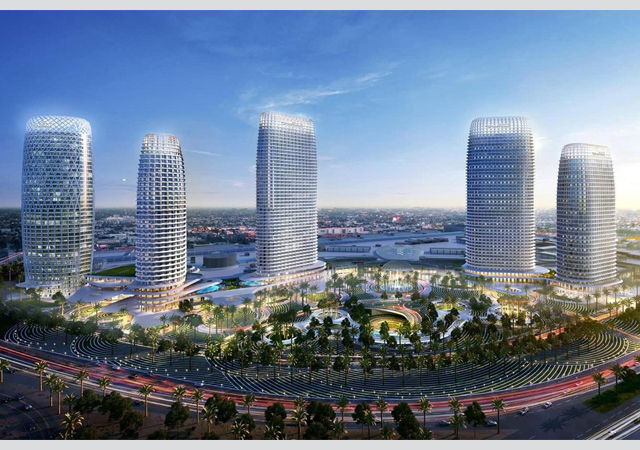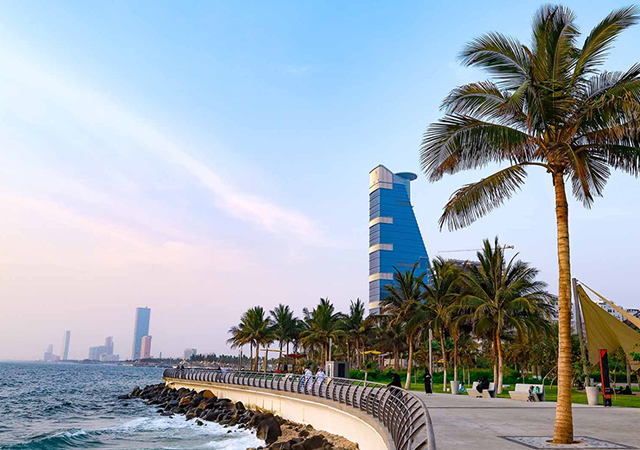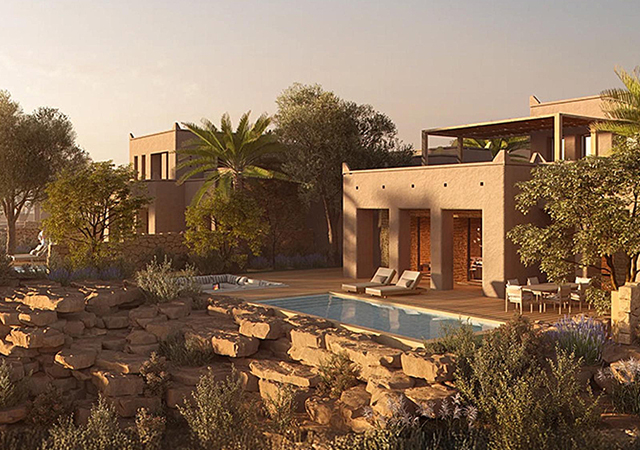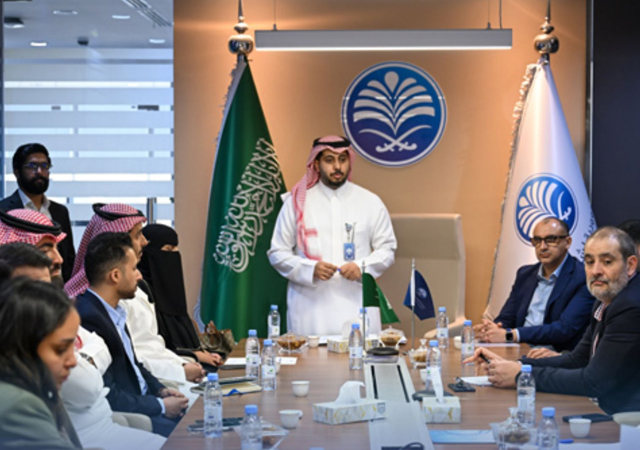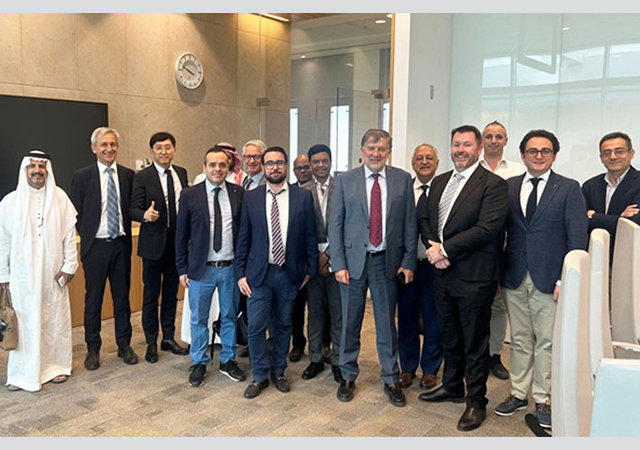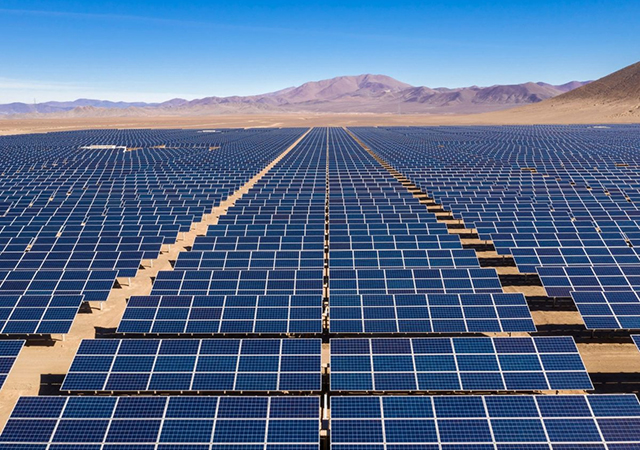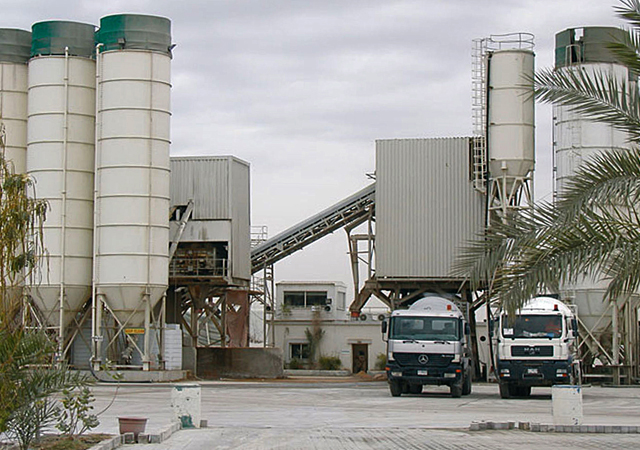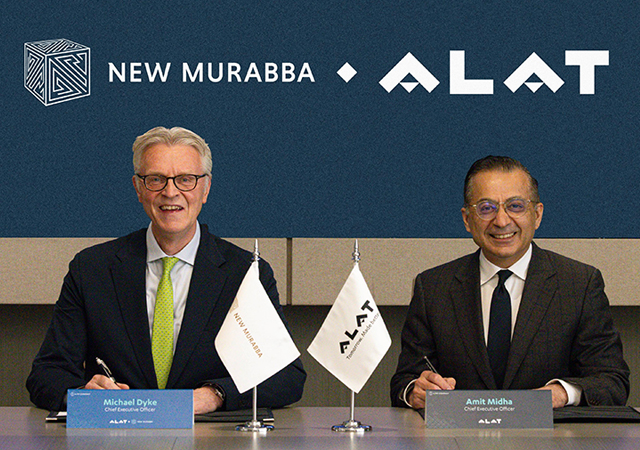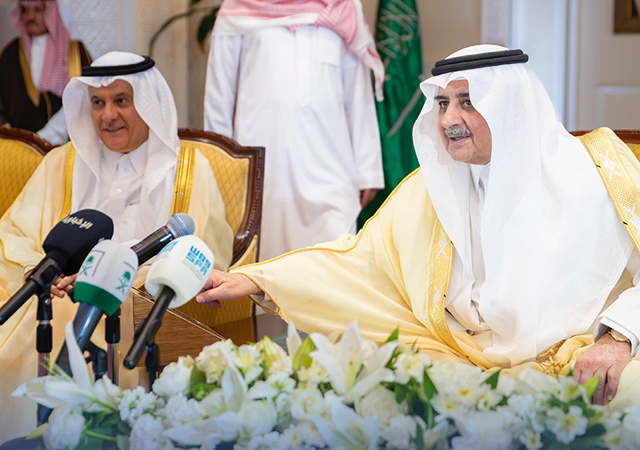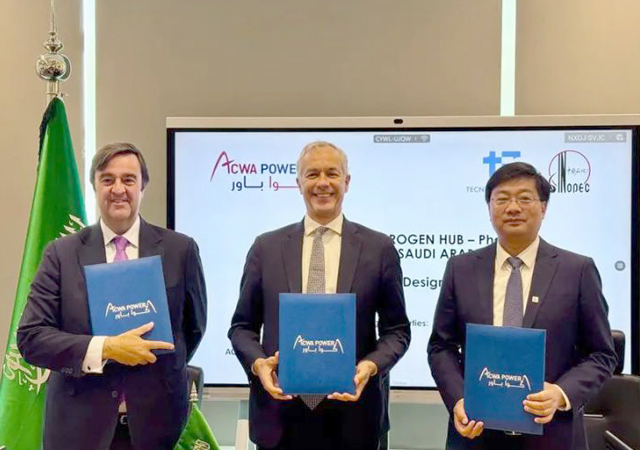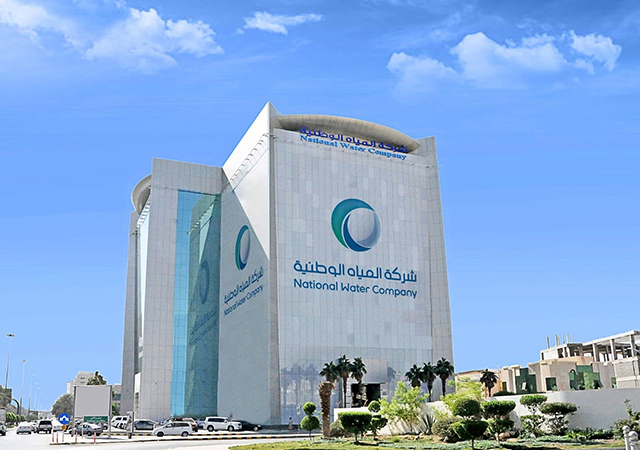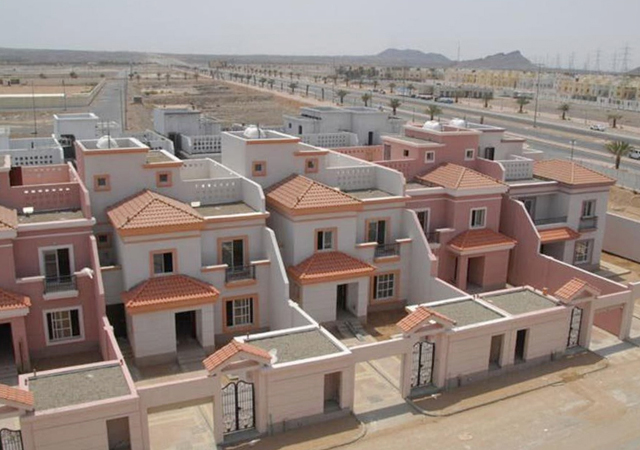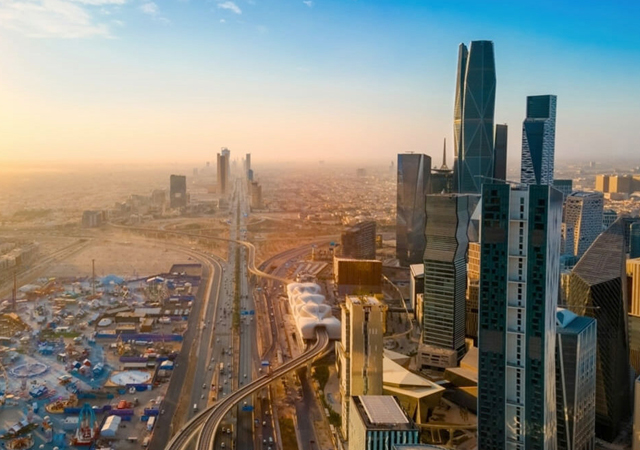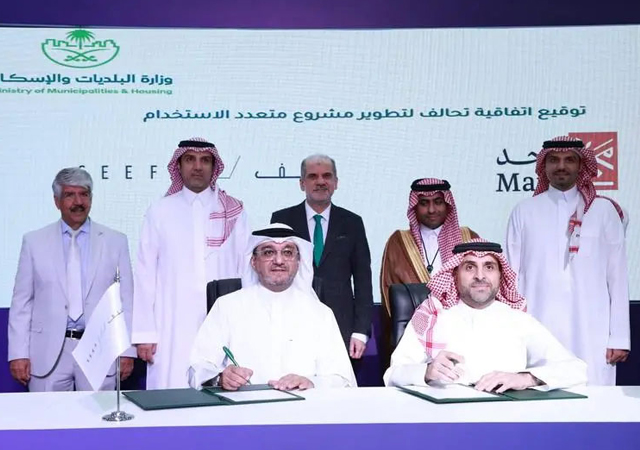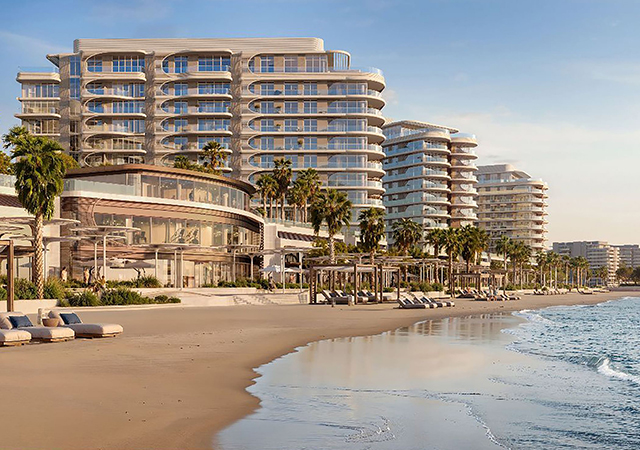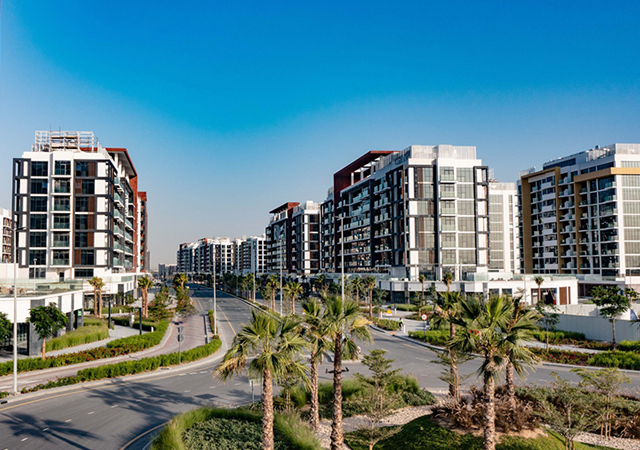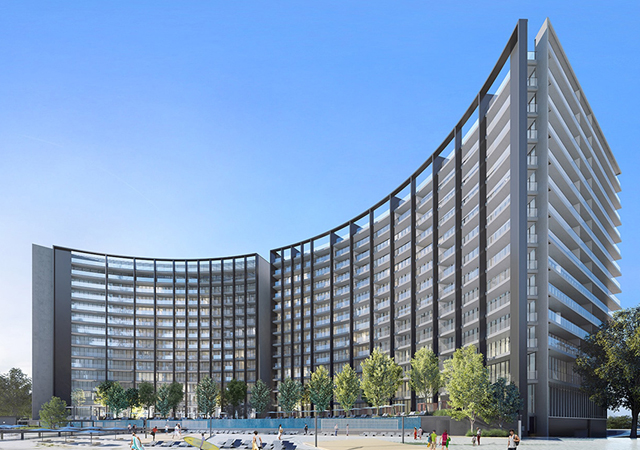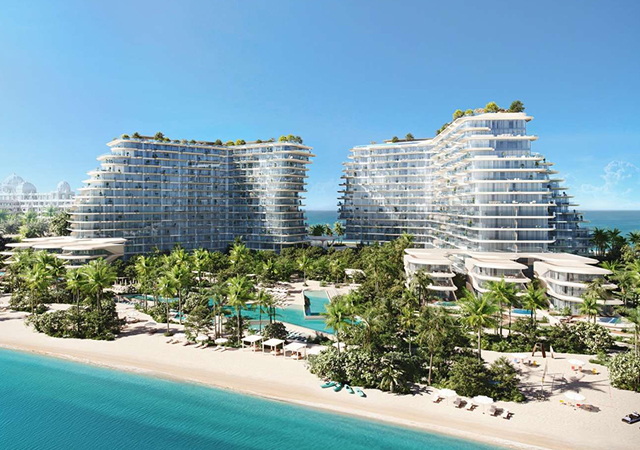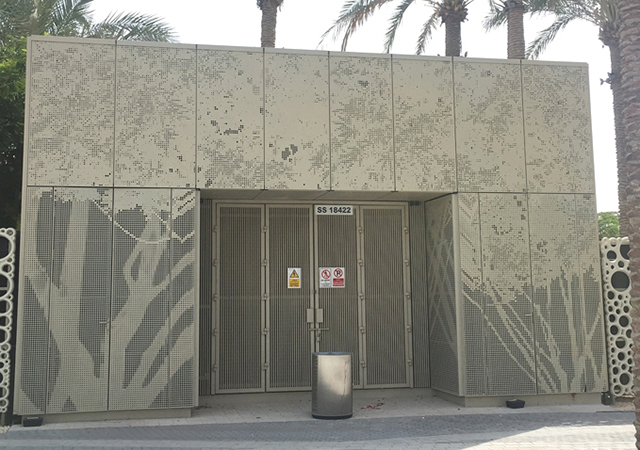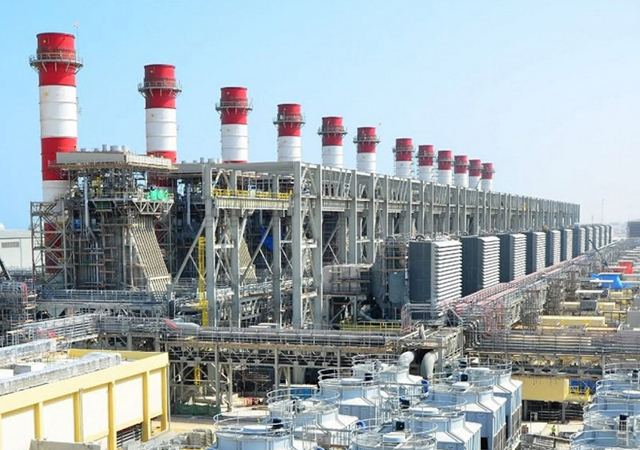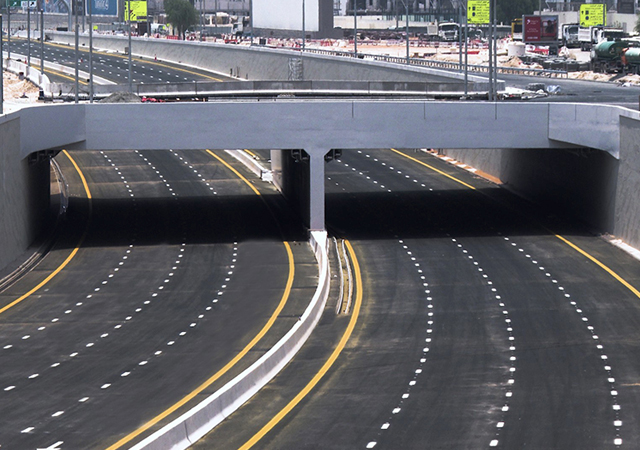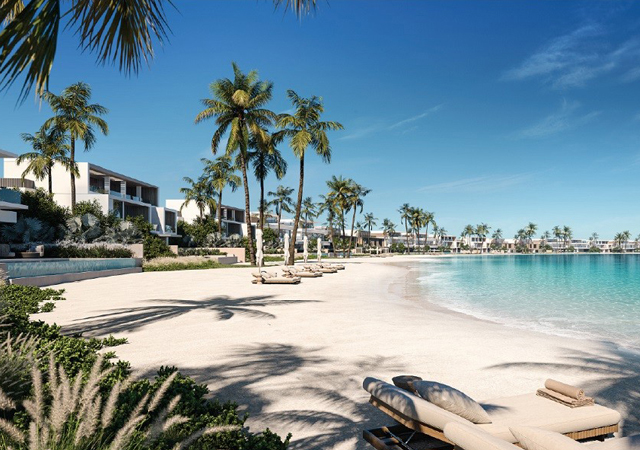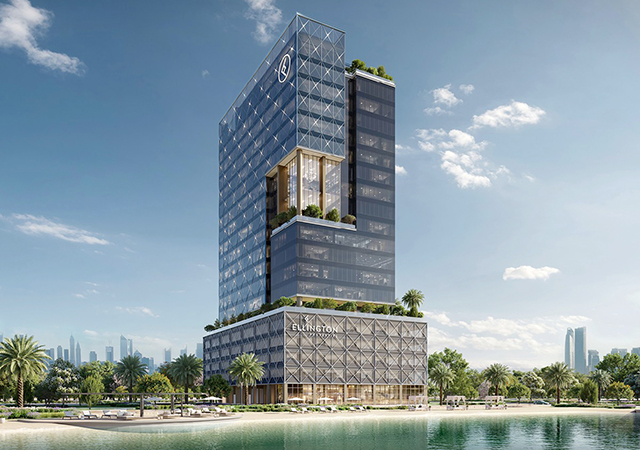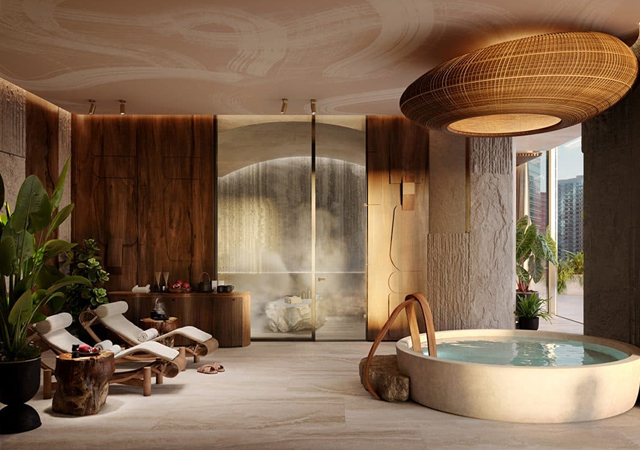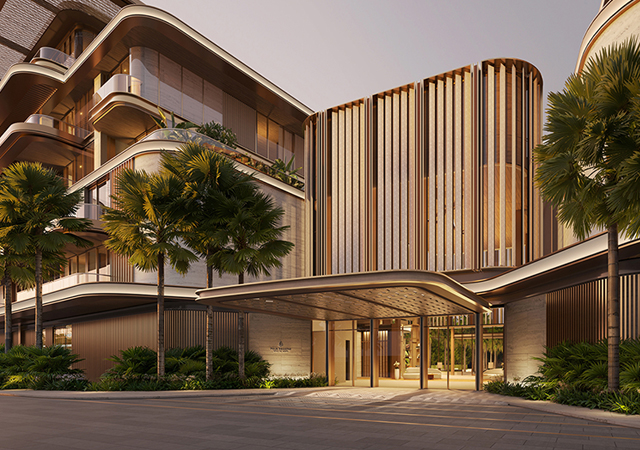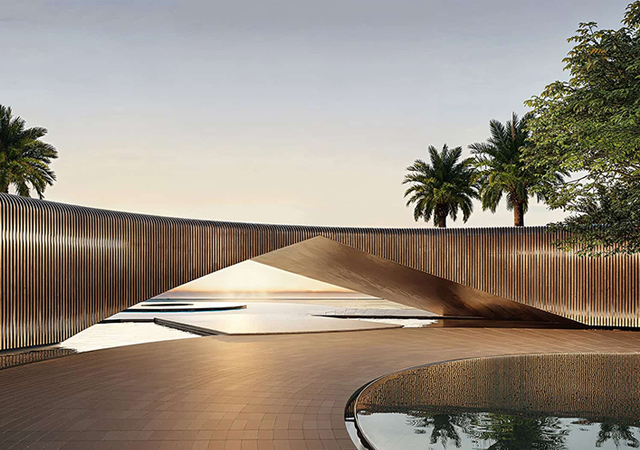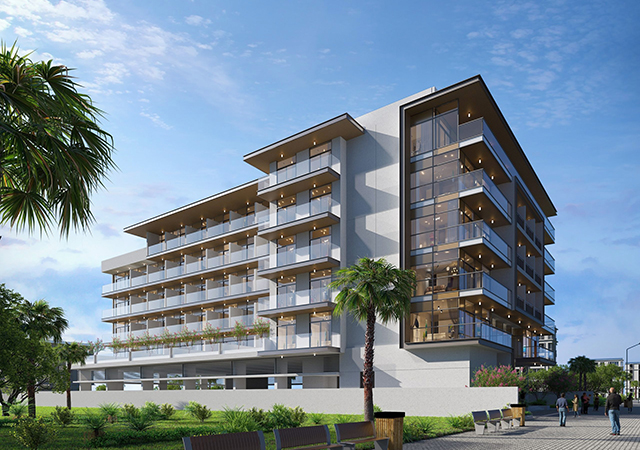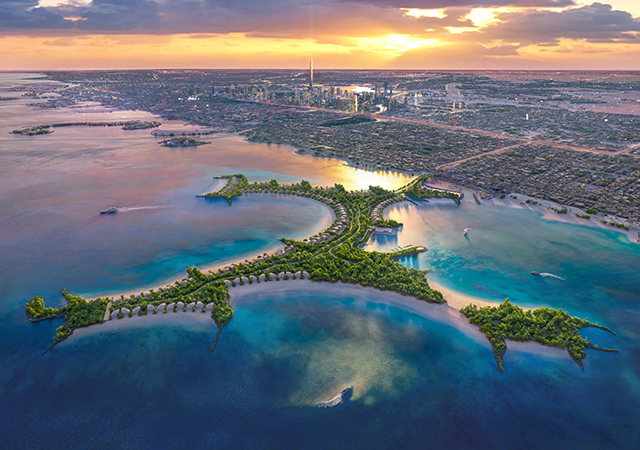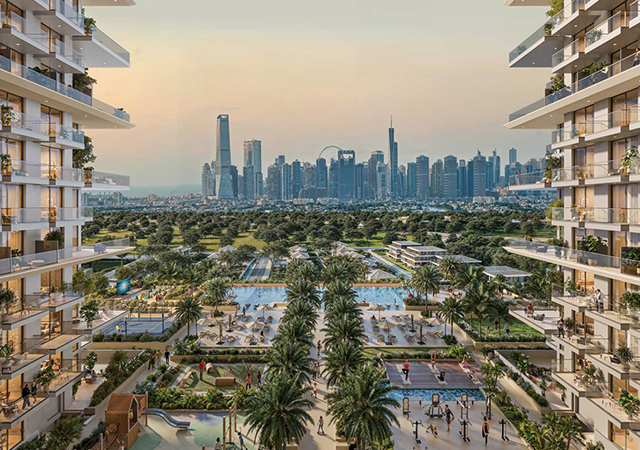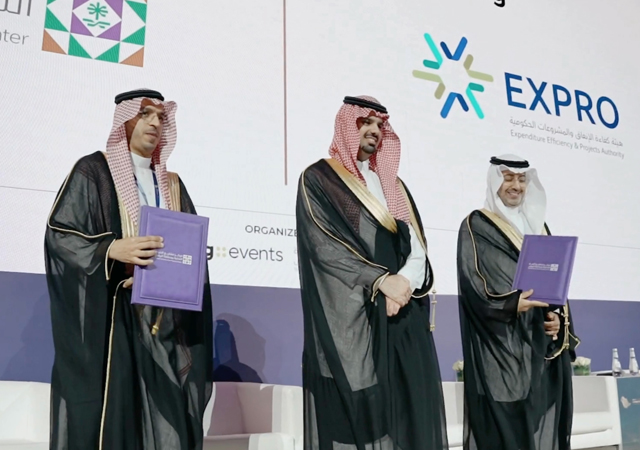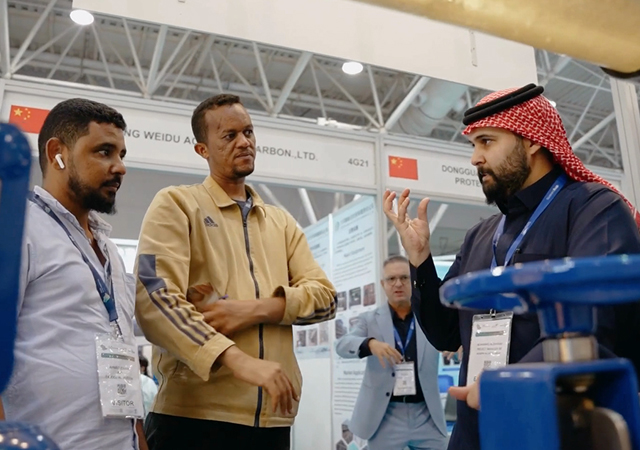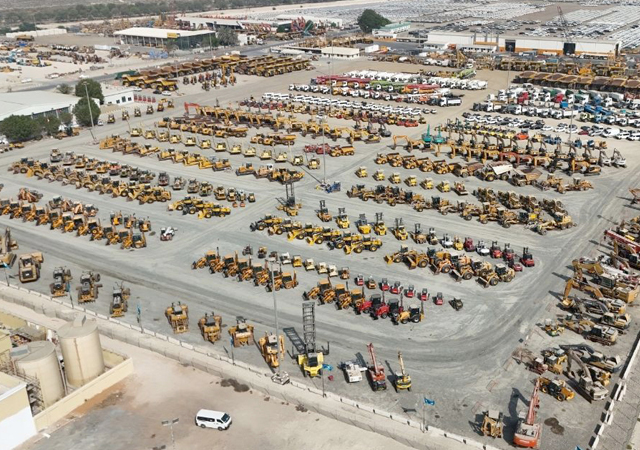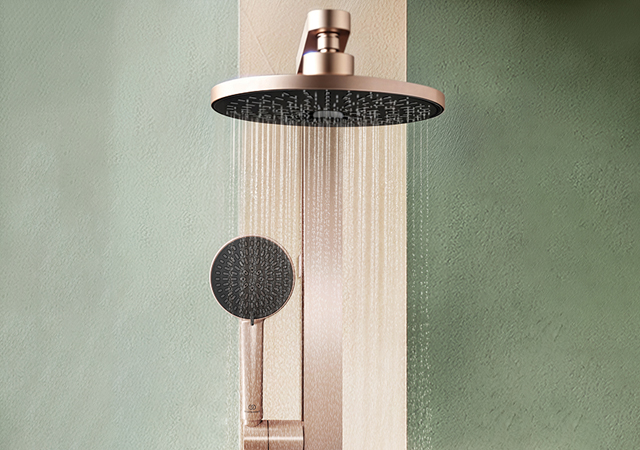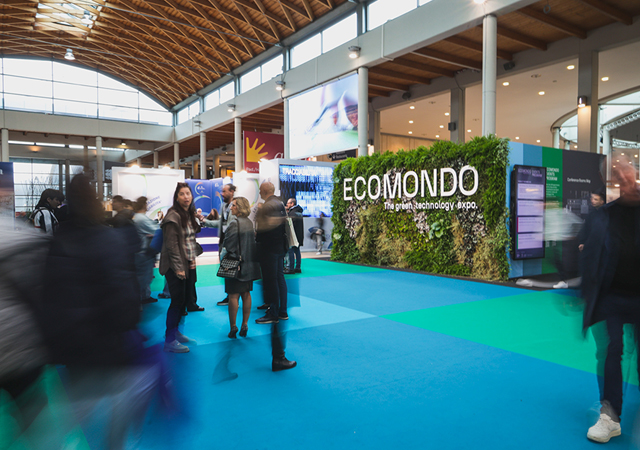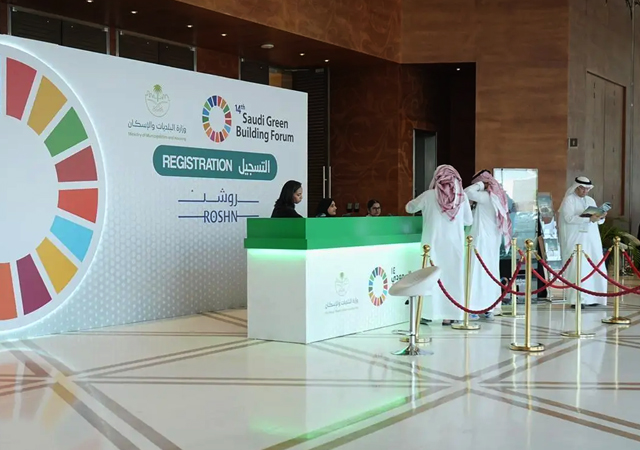
 CPC’s premises ... expansion on cards.
CPC’s premises ... expansion on cards.
CERAMIC Pipes Company (CPC), a specialist in vitrified clay pipes production, plans to boost its production capacity as well as the range of sizes it offers in a bid to meet local and international demand for its products.
The Saudi company, set up two years ago with an annual production capacity of 60,000 tonnes of pipes and fittings in sizes from 100 mm to 600 mm in diameter, plans to increase its output to 100,000 tonnes and expand the range of sizes up to 1,200 mm diameter.
“CPC aims to produce high-quality clay pipes and fittings utilising modern fully-automated manufacturing systems, satisfying the demand of local and international customers for pipes and fittings as per the international standards,” says a spokesman for the company.”
CPC offers complete pipeline solutions, including supporting services and laying clay pipes.
Elaborating on the type of pipes it manufactures, the spokesman says: “Vitrified clay pipes have been used for water and sewage networks for centuries, and are still seen to perform efficiently. They are manufactured from natural clay and are fully coated internally and externally by ceramic glaze.
“The vitrification of the clay body occurs through firing in kilns at temperatures of 1,200 deg C, making them chemically and physically stable. They are truly unique in corrosion and abrasion resistance qualities and are also environment friendly. Nothing has been discovered to equal the unique properties of clay pipes.”
Some of these features, he says, include:
• Corrosion resistance: “Vitrified clay pipes are the only sewer pipe proven to be resistant to all chemical, industrial wastes, solvents sewage, including common household products and corrosive soils. Hydrogen sulphide gas is generated in all sanitary sewers and converted to sulphuric acid,” he says;
• Abrasion resistance: The pipes are unaffected by the variety of abrasive materials (stones, gravel and sand, among others) which are carried along the bottom of the pipe by the flow of sewage because of its dense body and thickness;
• Solid strength: Being made of a rigid material, vitrified clay pipes are not subjected to deflection or deformation under load;
• Smoothness surface (good flow): As these pipes are rigid and resistant to abrasion, acid and solvent attack, this keeps the smoothness of surface unchanged, thus maintaining a constant good flow;
• Long life: Vitrified clay pipes have virtually an unlimited lifespan due to the fact that they can withstand sewer acids, organic solvents and all other industrial wastes, according to the spokesman;
• Flexible/tight joints: Vitrified clay pipes are provided with a tight joint, preventing infiltration of ground water and exfiltration of sewage;
• Environment: These pipes have no environmental effect because they are derived from natural materials;
• Jetting resistance: They are highly resistant to high water pressure jetting methods and equipment.
In line with its commitment to ensure the longevity of water and sewerage systems in both the domestic and industrial fields, CPC places great importance on maintaining product quality through the operations of a quality system, in accordance with ISO 9001, says the spokesman, adding that EN-295 and Saso standard 235/236 rules are complied with.
CPC was established in 2007 as a Saudi joint stock company to produce vitrified clay pipes to satisfying local and international demand, using the latest technology. Its factory is located on a 100,000 sq m area at the New Industrial City on Al Kharj Road, south of Riyadh.



